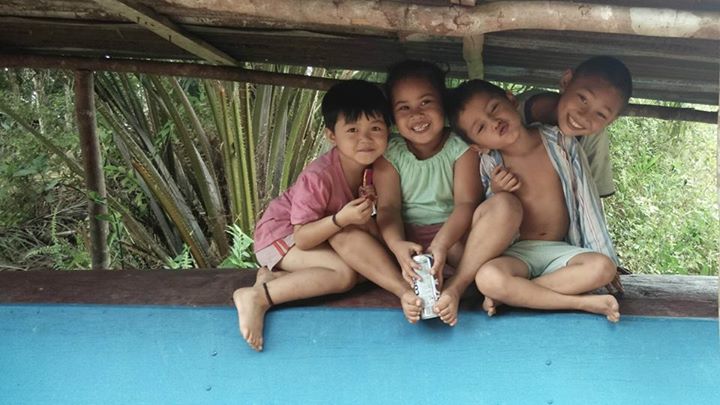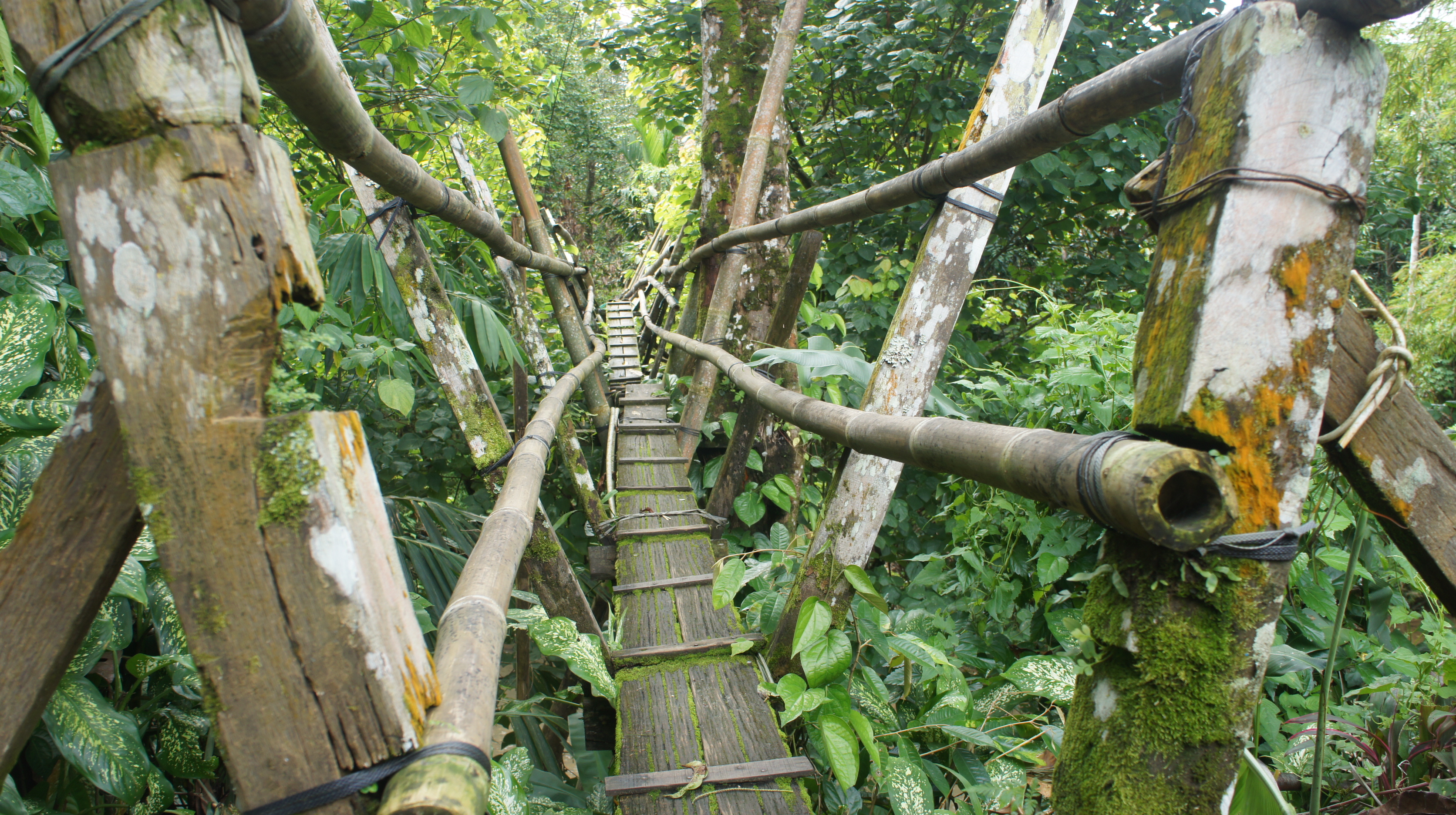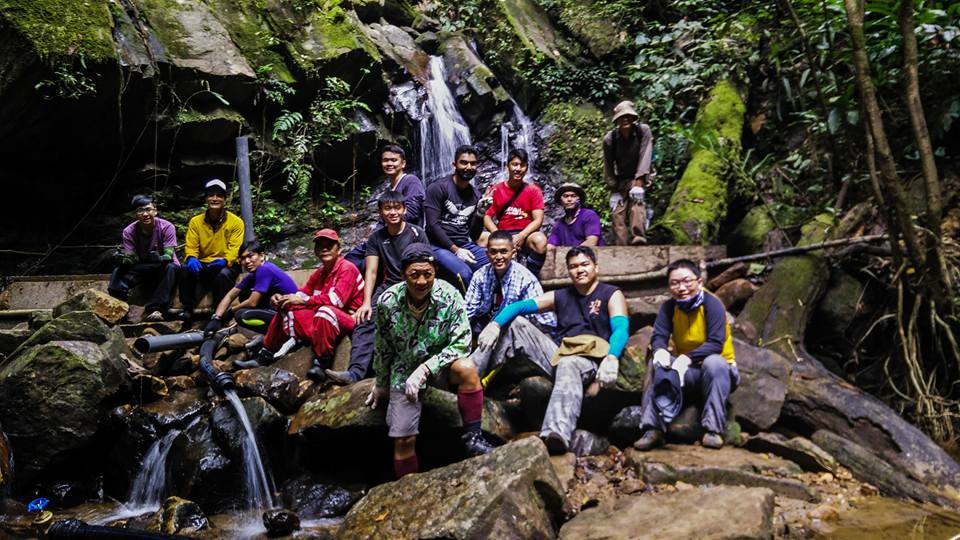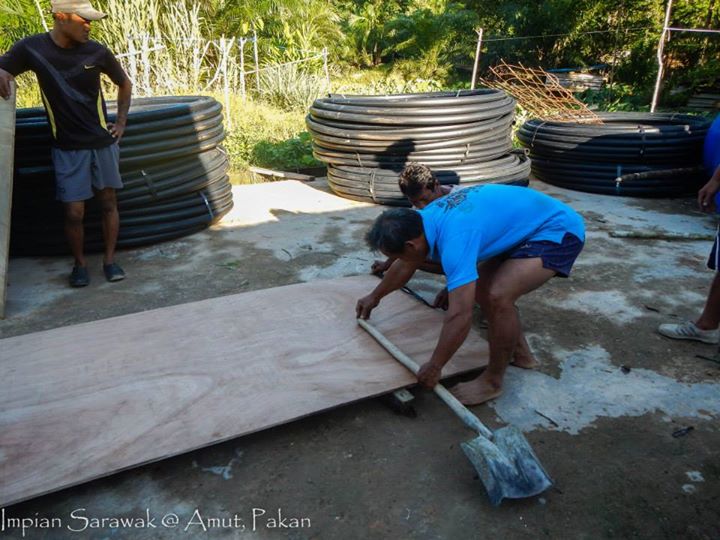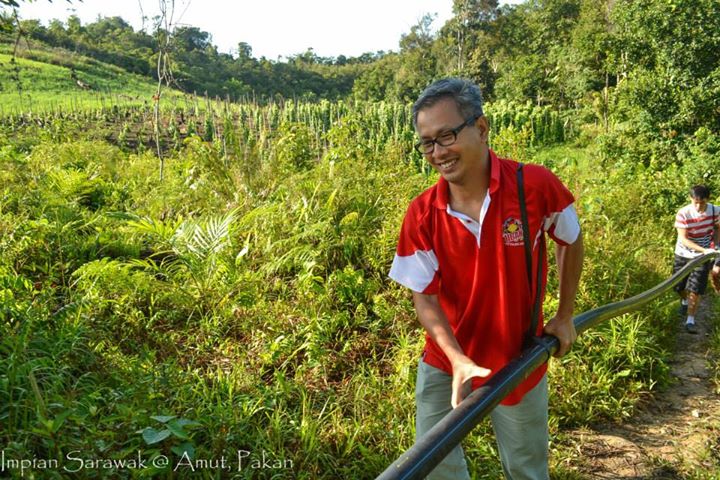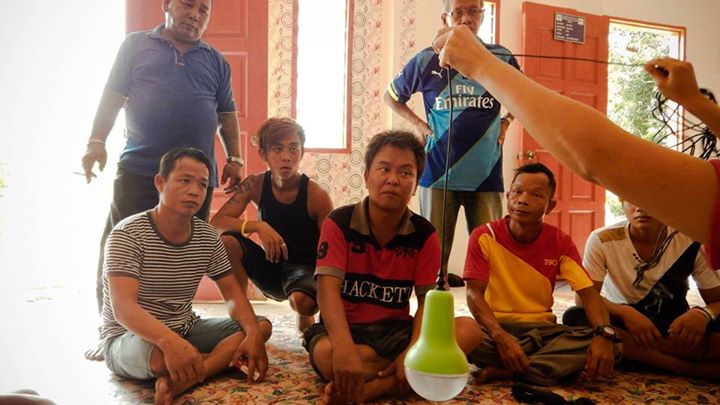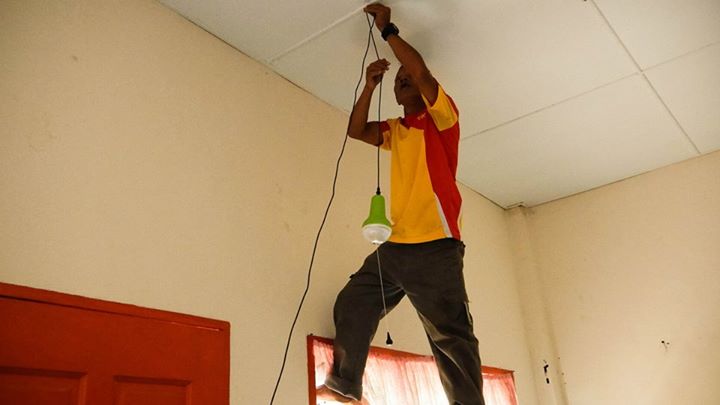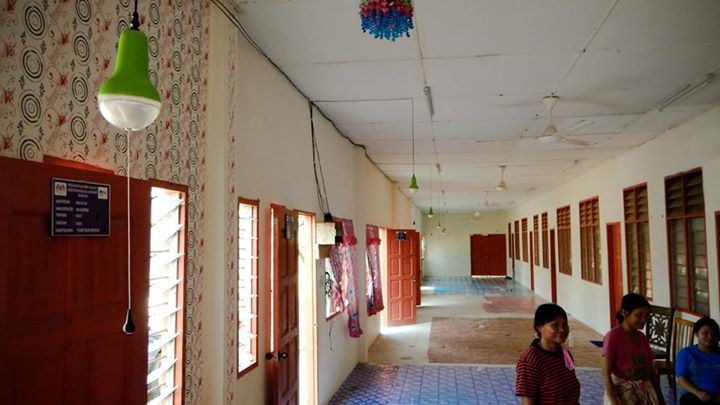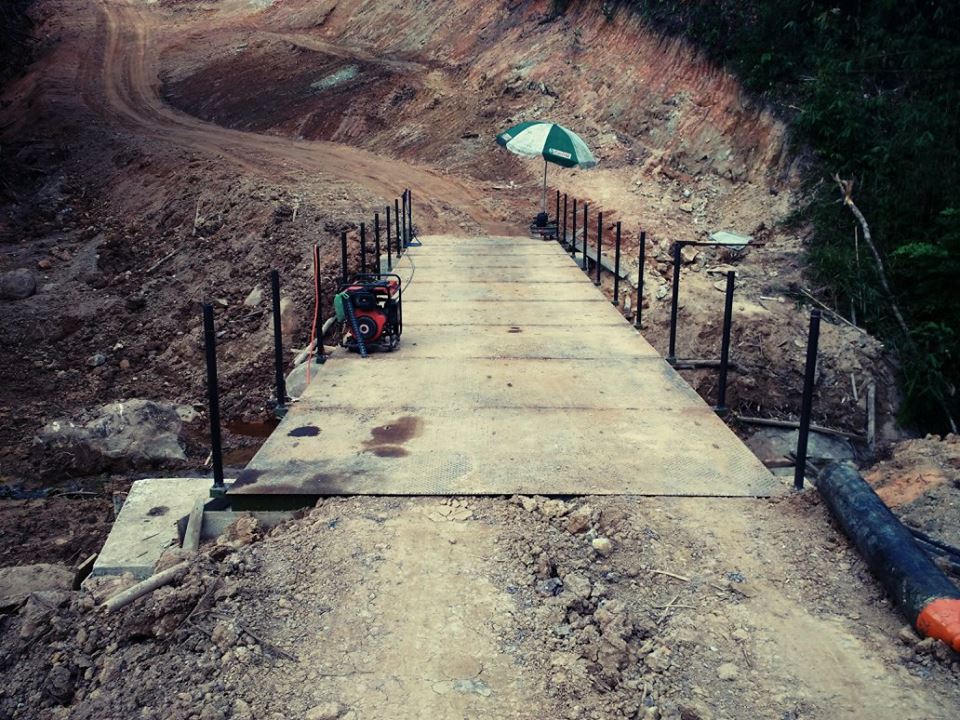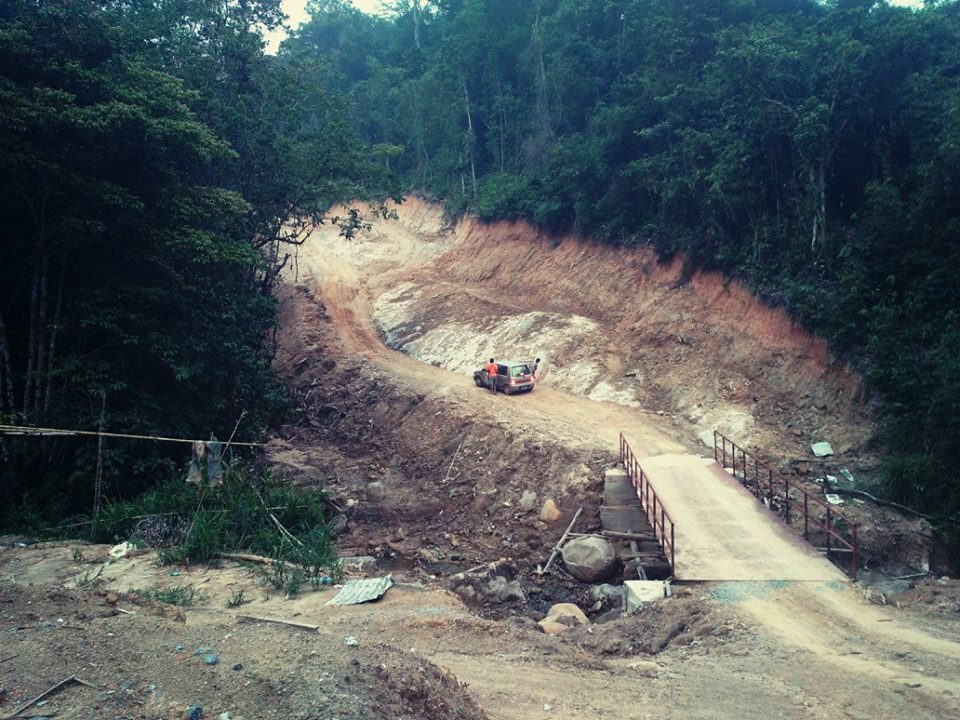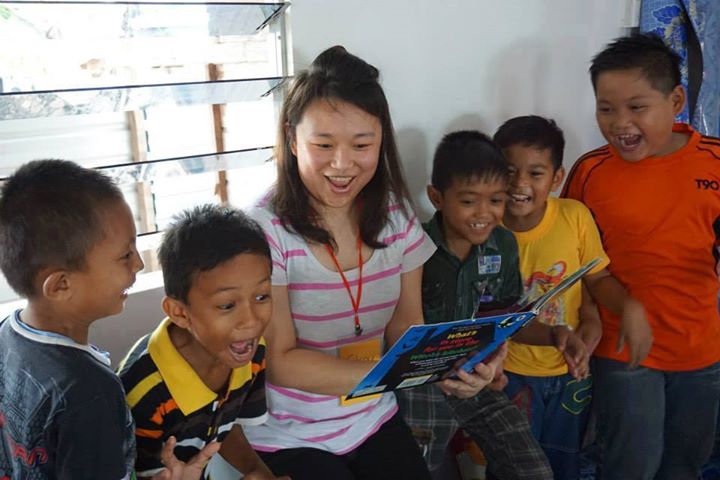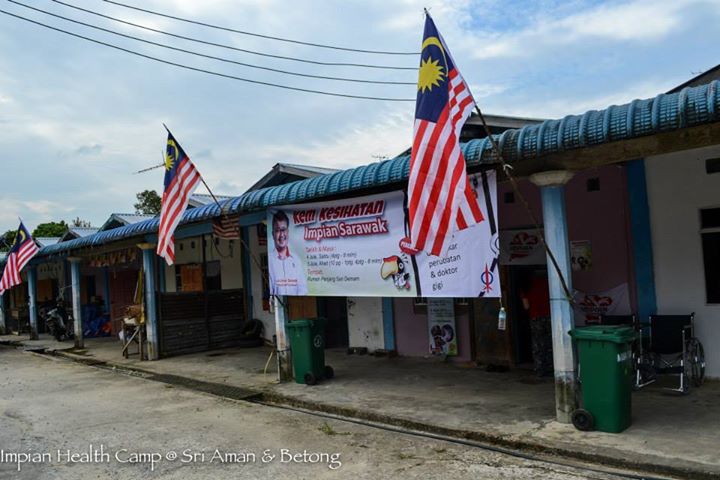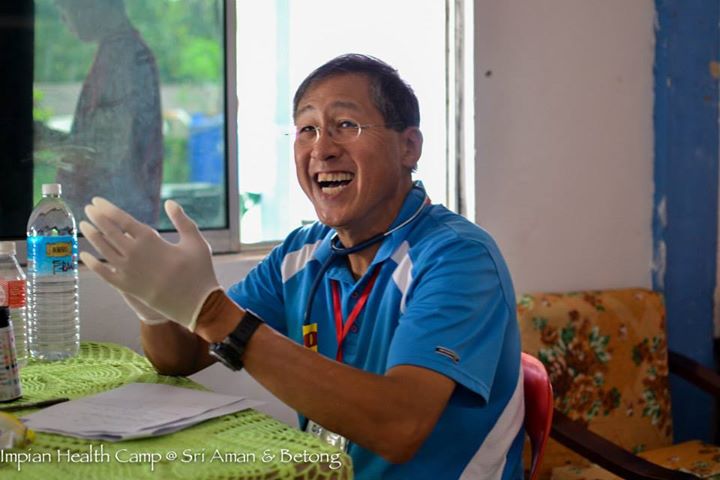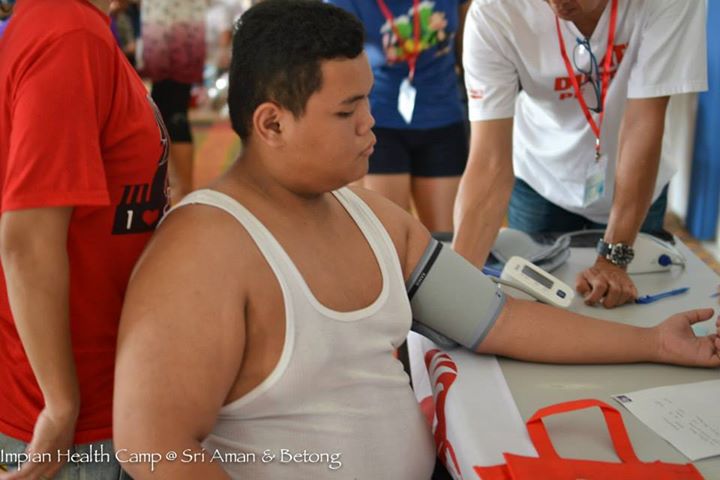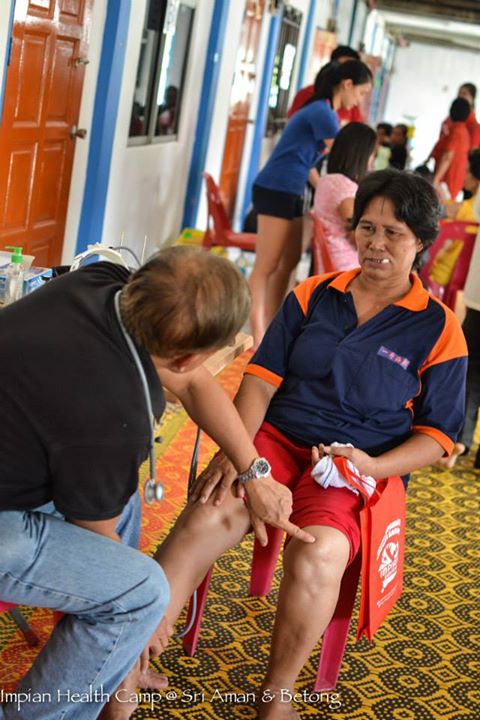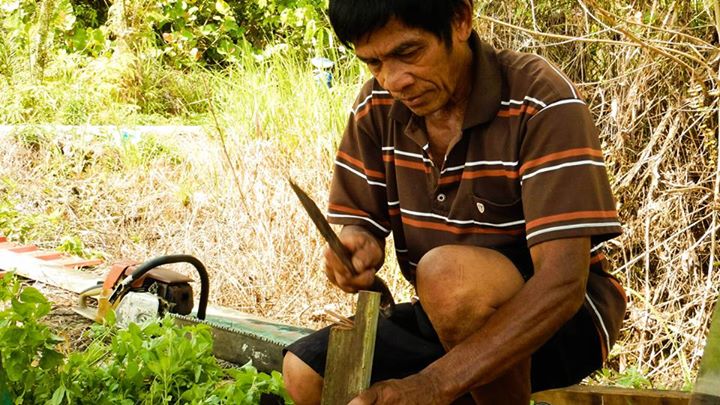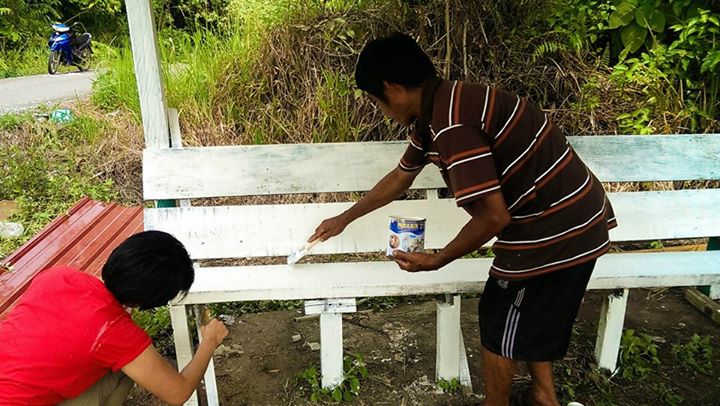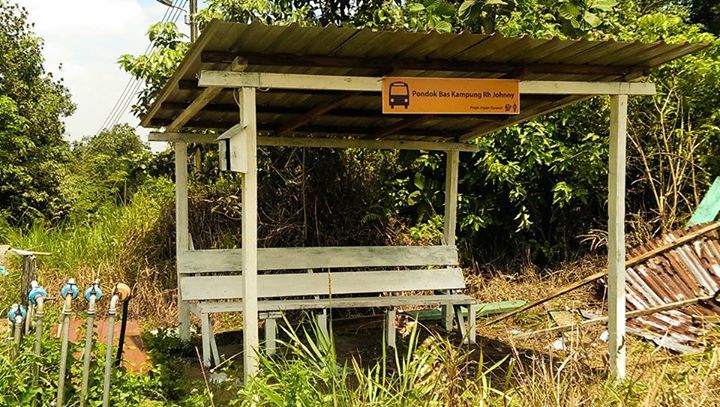From Broken Bridges To Paved Roads: How Impian Malaysia Is Changing Lives In Rural Sarawak
58 years after independence, our brothers and sisters in rural parts of East Malaysia are still living with realities that dates back to more than half a century ago.
With kindness and the willingness to lend a helping hand, a group of local politicians have turned empty election promises into realities for struggling Malaysians living in the most rural parts of Sarawak and Sabah
Development in most parts of Sabah and Sarawak are so far behind compared to areas in West Malaysia
Image via Impian Sarawak/FacebookImpian Malaysia, a local organisation, started to improve the lives of the rural community in Malaysia, especially Sabah and Sarawak, was founded by the long-standing, local opposition party, DAP.
The Democratic Action Party (DAP), was started in 1966 and carries a major role in the political scene in Malaysia, having been the main face and voice for the opposition parties in the country.
Determined to help rebuild lives, DAP, in 2013, launched Impian Malaysia.
What is Impian Malaysia? It's an organisation that strives to bring development to rural villages, especially the ones in East Malaysia that have been disconnected in terms of development, from the rest of the country
There are five main changes and development that Impian Sarawak, under Impian Malaysia wishes to bring to these villages:
- Return Water Rights
- Light Up Their Nights
- Uplift Rural Economy
- Roads To A Better Future
- Education
Focusing on Sabah and Sarawak that have been neglected in so many ways, especially in terms of basic amenities, DAP was determined to start making changes by fixing the water issue first
Most pathways connecting the villages and town areas in rural Sarawak are tricky to go through, especially carrying a heavy load of things
Image via Impian Malaysia/FacebookWhile we huff and puff about water rationing in urban areas, people in rural Sarawak have been trekking through deep rainforests, daily, for a few pails of water for daily usages
With running water supply at home remaining a distant dream, after all the promises and elections, the only choice these people have is to find rivers, that are most often located hours away from their homes, to bathe and do their daily washing.
Carrying too many buckets of water from the rivers back to their homes are not practical, due to not only the distance, but also the rough terrains that the villagers will have to brace through.
As the first step towards providing clean, running water system for the villagers, these visionary people at Impian, have introduced the gravity-fed water system to the remote villages in Sarawak
The gravity fed water system is basically a system that uses the earth's gravity instead of pumps to move the water supply from one place to another and it would cost about RM20,000 to build.
Impian has already installed the gravity fed water system in Kampung Muk Ayun in Bengoh, a northern town in Sarawak with the help of volunteers from around the country.
According to Impian Sarawak, 41% of the rural areas in Sarawak do not have running water.
Watch this heart-tugging video of villagers describing their daily lives without running water supply.
From bathing using murky stream water that sometimes cause skin allergies to using rainwater for daily cooking, washing and cleaning, this video clearly depicts the huge gap that the government has failed to fill in terms of development in Malaysia.
Using the gravity fed water system, the volunteers, including villagers in Kampung Long Lupin came together to complete the 6km long system in just a week.
Late last year, Impian Sarawak gathered enough volunteers to build a gravity fed water system for a village in Amut, Pakan in Sarawak.
The people that made students in Long Luping, Lawas have fresh water supply, after 10 long years.
Image via Impian MalaysiaVolunteers getting briefed before the gravity fed water system project kickstarts
Image via Impian Malaysia/FacebookVillagers helping out the volunteers to build the gravity fed water system
Image via Impian Malaysia/FacebookPetaling Jaya Utara MP, Tony Pua is one of the main people behind the Impian Malaysia program and is very actively involved in its projects
Image via Impian Malaysia/SarawakAs of 2015, it is safe to say that power cuts are almost non-existent in Malaysia.
That is a commendable progress, compared to the occasional electricity cuts that we used to face back in the 90s here. Having said that, most rural villages in Sarawak, as of today, still do not have electricity in their homes.
We live in a world where we have the ability to be in constant fear that our gadgets would run out of battery and we wouldn't be able to find power points to recharge them.
At the same time, we have Malaysians living in rural areas that spend their dark nights with nothing but candle lights and oil lamps. The children will have to study with dim candle lights, go to sleep and get dressed in the dark, before the break of dawn to head to school.
This isn't the mid 20th century, but these Malaysians are still living in such saddening conditions while even the trees in urban areas have coloured lights.
Impian Sarawak aims to change that by building pico and micro-hydro dams that work best for rural communities requiring a small amount of electricity that can usually power up a number of fluorescent lights.
A volunteer explaining the installation process of solar lamps in Sungai Maradong, Bintangor
Image via Impian Malaysia/FacebookThe solar lamps were installed at the common hall in the longhouse
Image via Impian Malaysia/FacebookTrudging through mud, rocky streams and uneven terrains might sound like an interesting hiking trip for us, but for villagers in Sarawak, this is how they travel from one place to another, everyday, as there are hardly any paved roads there
Young school-going students, the elderly and the sick, are forced to go through such rough conditions to get things done. The absence of roads in such remote areas could very well be the deciding factor between life and death if someone falls sick or is injured.
In order for Impian Sarawak to realise the dream of building roads for these communities, a sum ranging from RM10,000 to 20,000 is required.
Donations can be made here.
However, progress no longer seems impossible, as after years of living in a poorly connected area, the people of Muk Ayun, Sting and Nyegol in Kuching, Sarawak, finally have roads connecting their villages, thanks to the Impian team
Work underway for roads to be built, connecting a few villages in Kuching, Sarawak
Image via Impian Malaysia/FacebookWatch Crissy, a heavily pregnant mother, walk for hours through the jungle, so that she could get to the clinic at the nearest town for a maternity check up.
The amazing thing about the Impian Sarawak initiative is that they want to go beyond providing basic amenities to these communities.
With education being the key to developing any community, the Impian Sarawak team has been running education camps and are intent on educating the villagers about their democratic rights.
Impian Malaysia is always looking for volunteers to help them with the education camps. Anyone with the love for teaching and educating young minds can apply and give it a go!
Image via Impian Malaysia/FacebookThe education camps are aimed at school children and the volunteers focus on three subjects, namely English, Science, and Mathematics.
These education camps are usually held during school holidays and assisted by volunteers with a passion and knack for teaching.
An image from the Bintangor Education Camp, held last month from 19 till 24 September
Image via Impian Malaysia/FacebookOne of the most worrying aspect of living in underdeveloped rural areas is the lack of medical care.
DAP's Impian Sarawak holds medical camps in various parts of rural Sarawak, to ensure that the locals get the medical attention that they rightfully should
Travelling through the plains of Sarawak to go into towns for medical care is really something that the elderly or injured would find quite impossible to accomplish.
Thus, Impian's medical camps with trained doctors and volunteers have been doing their part by helping to either diagnose or treat minor illnesses and provide transportation services to anybody that needs expert medical care in town.
Trained doctors or volunteers interested to assist Impian with the upcoming medical camp, to be held in a town near Sibu from 13 till 17 October, next week, can apply and register here.
Aside from running major projects in these rural villages, Impian also does smaller scale projects like rebuilding a dilapidated bus stop that can double as a shelter during rainy days and provide a space for the people to sell their crops
If you want to be a part of this amazing initiative, there are many ways that you can contribute, two of which are; cash donations or volunteering for an amazing experience that would allow you to actually work on many of the projects Impian Sarawak has lined up for the villages.
